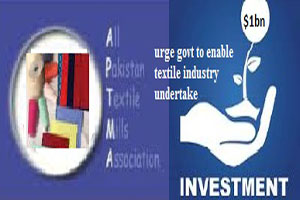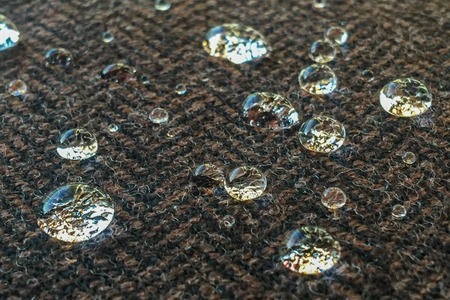
Aptma urge govt to enable textile industry undertake $1b investment yearly
YarnsandFibers News Bureau 2016-08-13 12:00:00 – LahoreAll Pakistan Textile Mills Association (APTMA) Punjab chairman Aamir Fayyaz pointing out that the textile and clothing exports of Bangladesh and Vietnam have registered an increase of $2 billion and $4 billion respectively against Pakistan’s textile and clothing exports which has dropped by $1 billion during the same period has urged the government to resolve the textile industry issues and enable the industry to undertake investment worth $1 billion per annum.
The textile industry is facing issues relating to cotton, liquidity, competitiveness, taxes, zero-rating facility and the long term finance facility. Unless the cost of doing business is lowered by the government, exports in Pakistan would continue declining.
It is highly unfortunate that $15 b export-oriented textile industry, employing 15m workforce and consuming 15m cotton bales, is being ‘strangled to death’ in Pakistan only due to the lack of focus of government and rising burden of taxes on exports.
He further added that the cotton production had fallen by 40 percent last year, resulting in a decline of 15 percent in sowing this year. As the textile industry was highly dependent on imported cotton now. Therefore, duties and taxes on import of cotton would make the entire value chain uncompetitive. This situation calls for the withdrawal of 4 percent customs duty and 5 percent sales tax on port of cotton.
The APTMA Punjab chief also demanded for liquidation of all the pending refunds of the textile industry to discharge liabilities and process further export orders.
The government should also provide DLTL to all exports to mitigate the incidentals of innovative taxes and levies.
According to him, the industry cannot export the GIDC on gas and surcharges on the electricity and the prevailing odd circumstances demand their withdrawal to revive competitiveness in line with the regional competitors. The govt should notify the NEPRA-determined tariff without the incidents of surcharges.
He added that the govt should also allocate sufficient funds under the LTFF to propel up the prospective investors to take investment initiatives. This scheme should be amended to make it eligible to indirect exports.
He has expressed the hope that the govt would prioritized the textile industry in its policies to produce exportable surplus, double textile exports and create 3m additional jobs in the country.
Market Intelligence
Ask for free sample Report

experience
Customer Base
dedicated team
Countries Served Worldwide









